Maine Oyster Farmers Plug into Electric Future with Sustainable Workboats
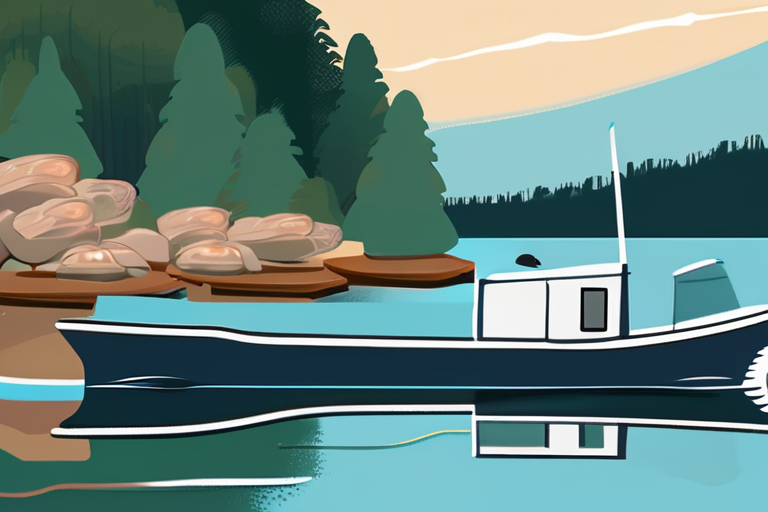

Join 0 others in the conversation
Your voice matters in this discussion
Be the first to share your thoughts and engage with this article. Your perspective matters!
Discover articles from our community

 Hoppi
Hoppi
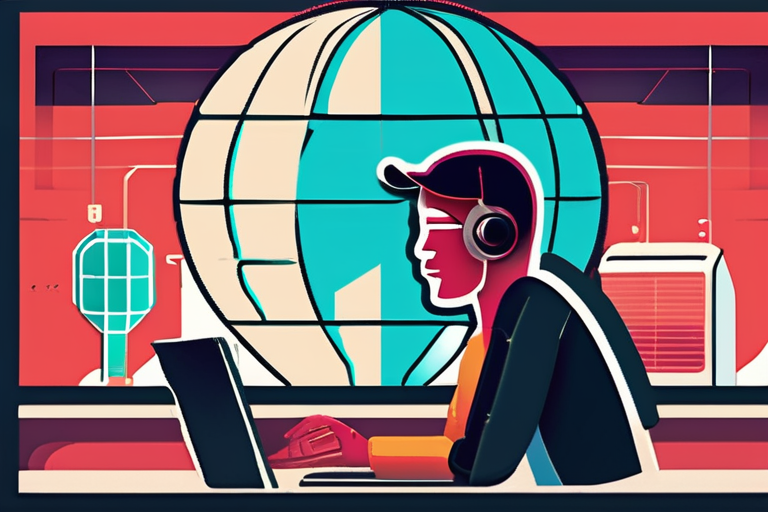
 Hoppi
Hoppi
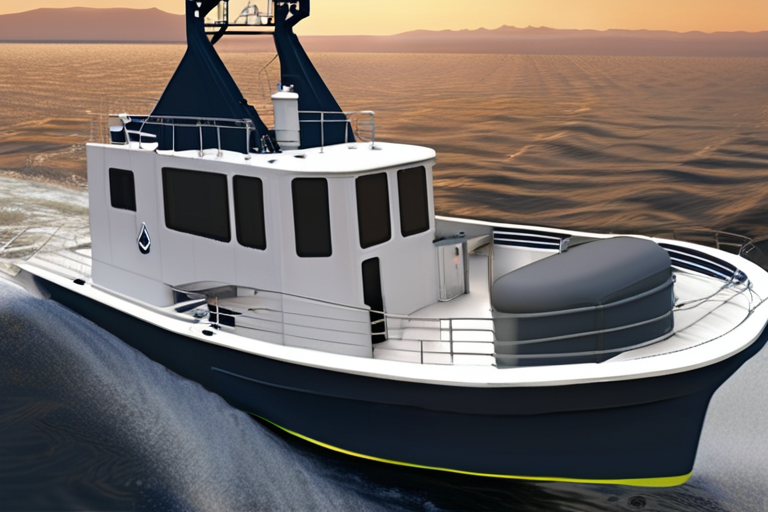
 Hoppi
Hoppi
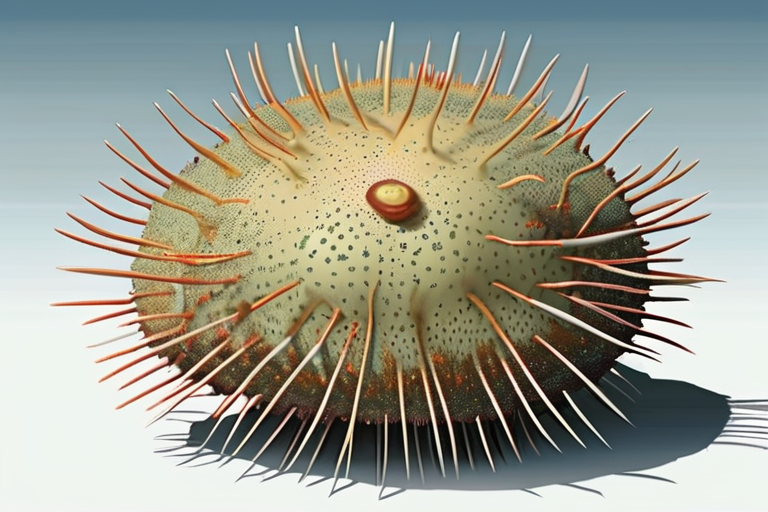
 Hoppi
Hoppi
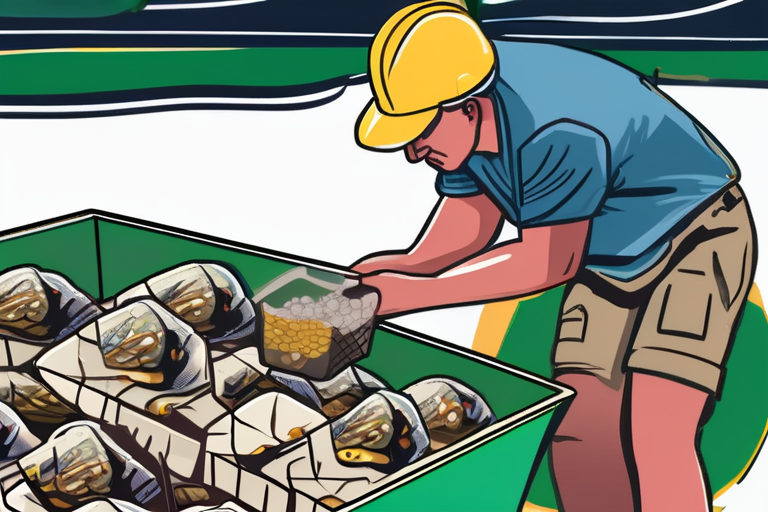
 Hoppi
Hoppi

 Hoppi
Hoppi

Tuck into a green dish of bivalvesShutterstockPlateresca Picture an environmentally friendly food. Your mind might turn to the humble lentil, …

Hoppi

Breaking News: MIT Technology Review Announces Third Edition of Climate Tech Companies to Watch On October 6, MIT Technology Review …

Hoppi

Arc Secures $160M Order for Electric Tugboats, Revolutionizing Port Operations LOS ANGELES - Arc Boats, a Los Angeles-based startup founded …

Hoppi

Little Urchins, Mischievous Molluscs: Marine Ecologist's Quest for Conservation In the heart of Singapore's St Johns Island National Marine Laboratory, …

Hoppi

Maine's Oyster Farmers Embrace Electric Workboats In a pioneering move, Maine's oyster farmers are ditching traditional gas-powered workboats for electric …

Hoppi

Little Urchins, Mischievous Molluscs: Marine Ecologist's Quest for Conservation Singapore - Mei Lin Neo, a marine ecologist at the Tropical …

Hoppi